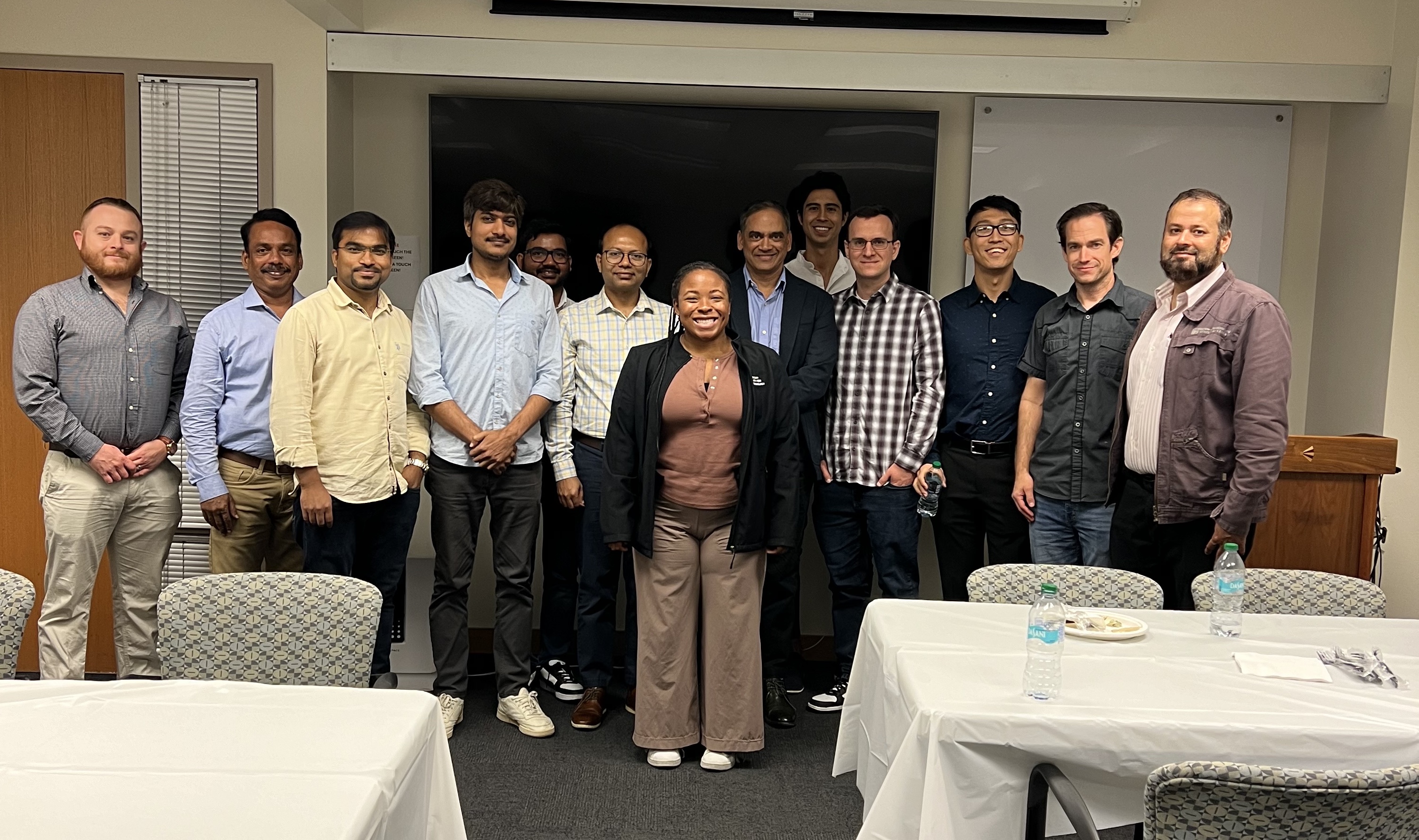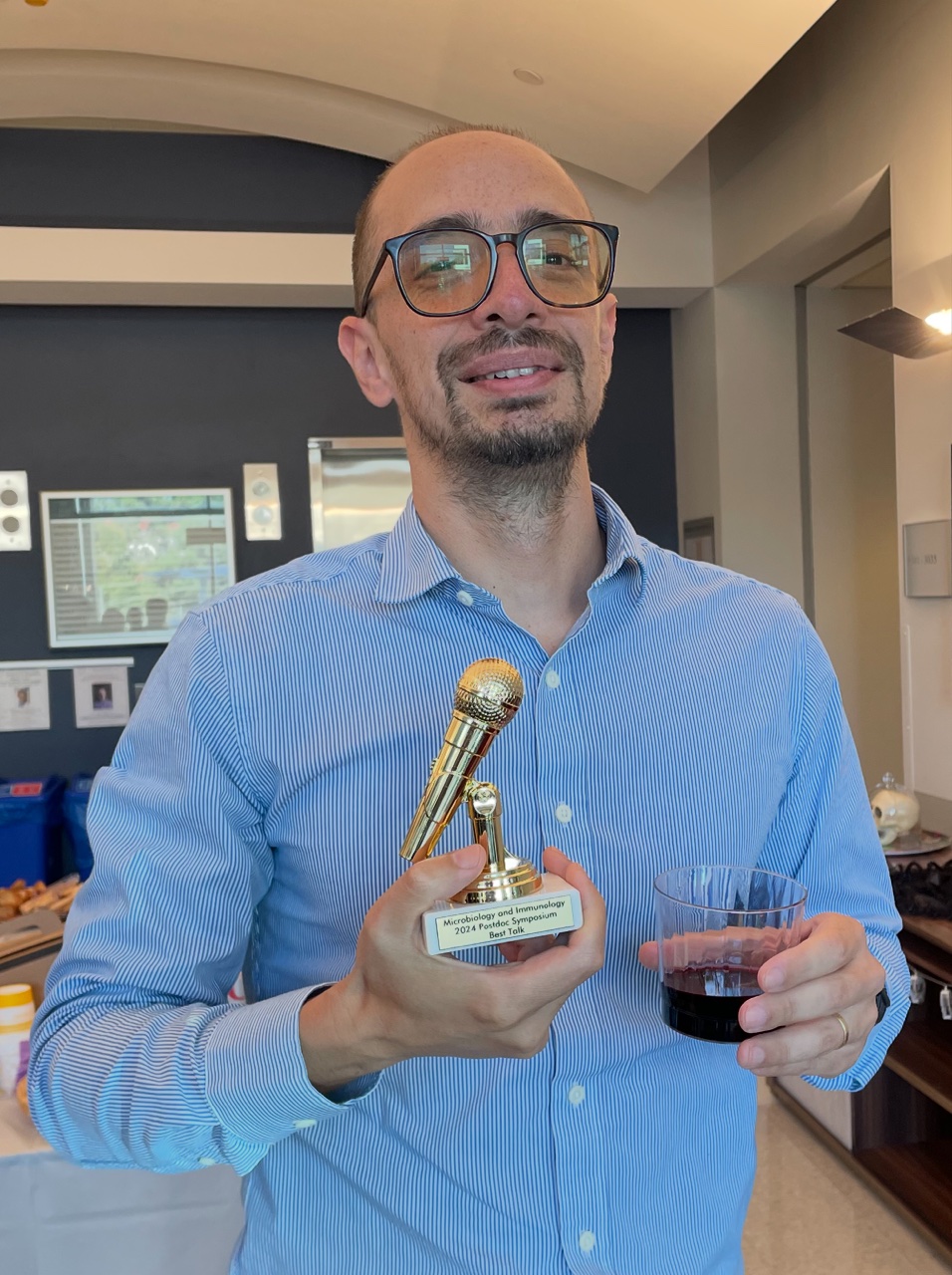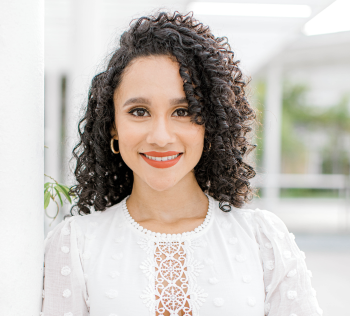Welcome New Faculty
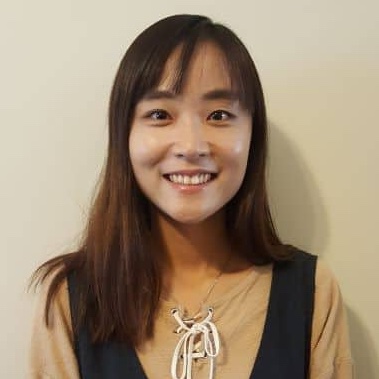
Boyoung Shin, PhD
Assistant Professor
Microbiology and Immunology welcomes Dr. Boyoung Shin as Assistant Professor who will join the department September 17, 2025. Dr. Shin was formerly a postodctoral fellow at the Cancer Research Institute of the California Institute of Technology where her research focused on T cell cancers such as leukemia.
Specifically, Dr. Shin aims to answer two questions: First, what molecular mechanism drives the progenitor cells that give rise to T cells to “move forward” to next developmental step? Second, what makes the T cell precursors “stay committed” to the T lineage pathway after a certain point? Recent data from Shin’s team suggests that the Runx family of proteins may play pivotal roles in both, so now she’s characterizing how Runx factors control gene expression programs in a stage-specific manner. Overall, her work seeks to reveal previously unknown molecular mechanisms that are both essential for normal T development and responsible for leukemias when dysregulated, which could pave the way for strategies to address the associated disorders.
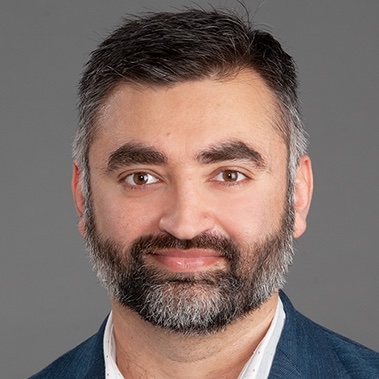
Ammar Zafar, PhD
Associate Professor
Microbiology and Immunology welcomes Dr. Ammar Zafar as Associate Professor who will join the department February 1, 2025. Dr. Zafar comes to Emory from Wake Forest University where he was Associate Professor of Microbiology and Immunology.
Dr. Zafar received his PhD from the University of Maryland Baltimore County in 2009. His postdoctoral work at Princeton University focused on bacterial stress responses, after which he transitioned to NYU School of Medicine as a research scientist. There, using a murine model, he identified bacterial and host factors that promote the transmission of Streptococcus pneumoniae from one host to another. In 2018, Dr. Zafar established his independent laboratory at Wake Forest School of Medicine. His laboratory aims to provide crucial insights into bacterial and host factors associated with mucosal colonization, microbiota-mediated colonization resistance to bacterial pathogens, and host-to-host transmission. Understanding these early processes can be key to developing new strategies to prevent disease onset. Dr. Zafars’ group focuses on two medically significant bacterial pathogens, Klebsiella Pneumoniae, and Streptococcus Pneumoniae. His research group employs diverse methods, including bacterial genetics, small animal models, and molecular, biochemical, and genome-wide approaches.
Awards and Recognitions
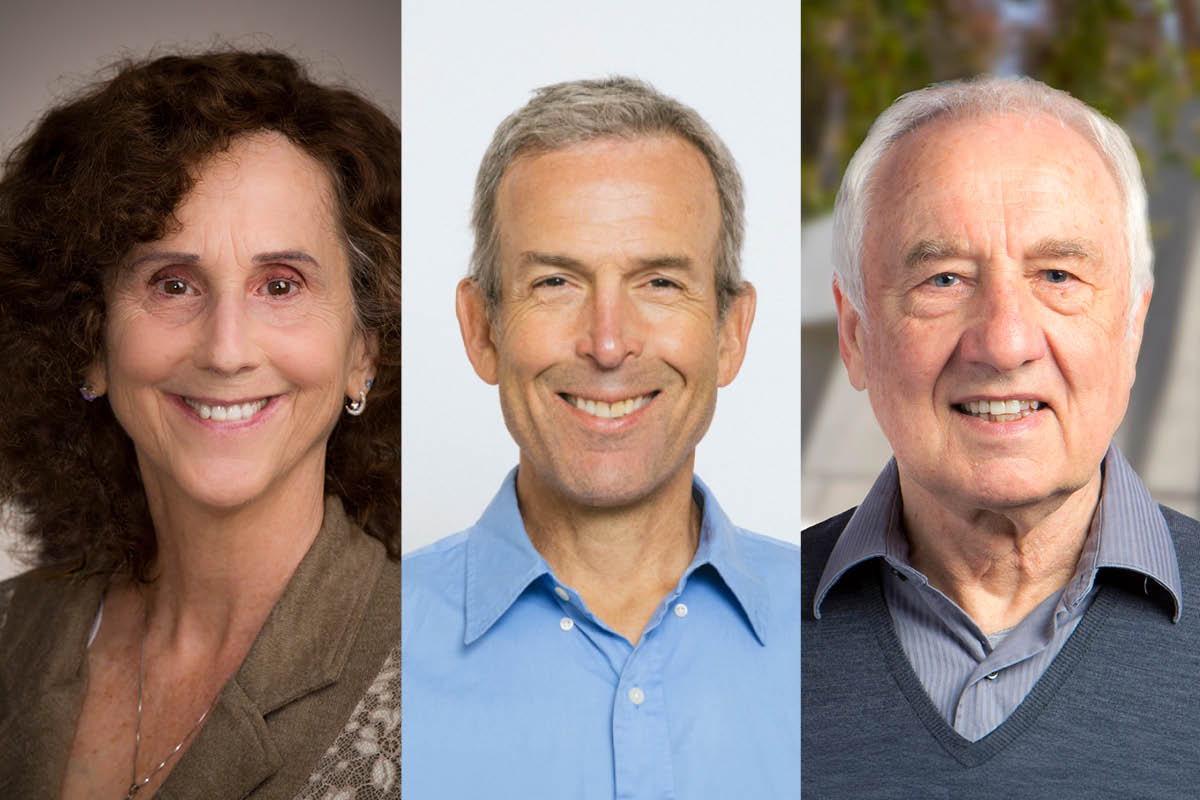
Max Cooper Award
The first Max Cooper Prize in Immunology was awarded to 3 structural biologists, whose groundbreaking research has paved the way for novel disease treatments and revealed new insights into the immune system. The recipients of Max Cooper Prize in Immunology are: Pamela J. Bjorkman of California Institute of Technology; K. Christopher Garcia of Stanford University; and Ian A. Wilson of Scripps Research Institute. They were honored at a ceremony on September 12, 2024.
The $100,000 award, which will be shared equally among the researchers, was named for Dr. Max D. Cooper, MD, a renowned immunologist at Emory, whose discoveries over more than six decades of research fundamentally changed science’s understanding of the adaptive immune system with implications for treatment of human disease.
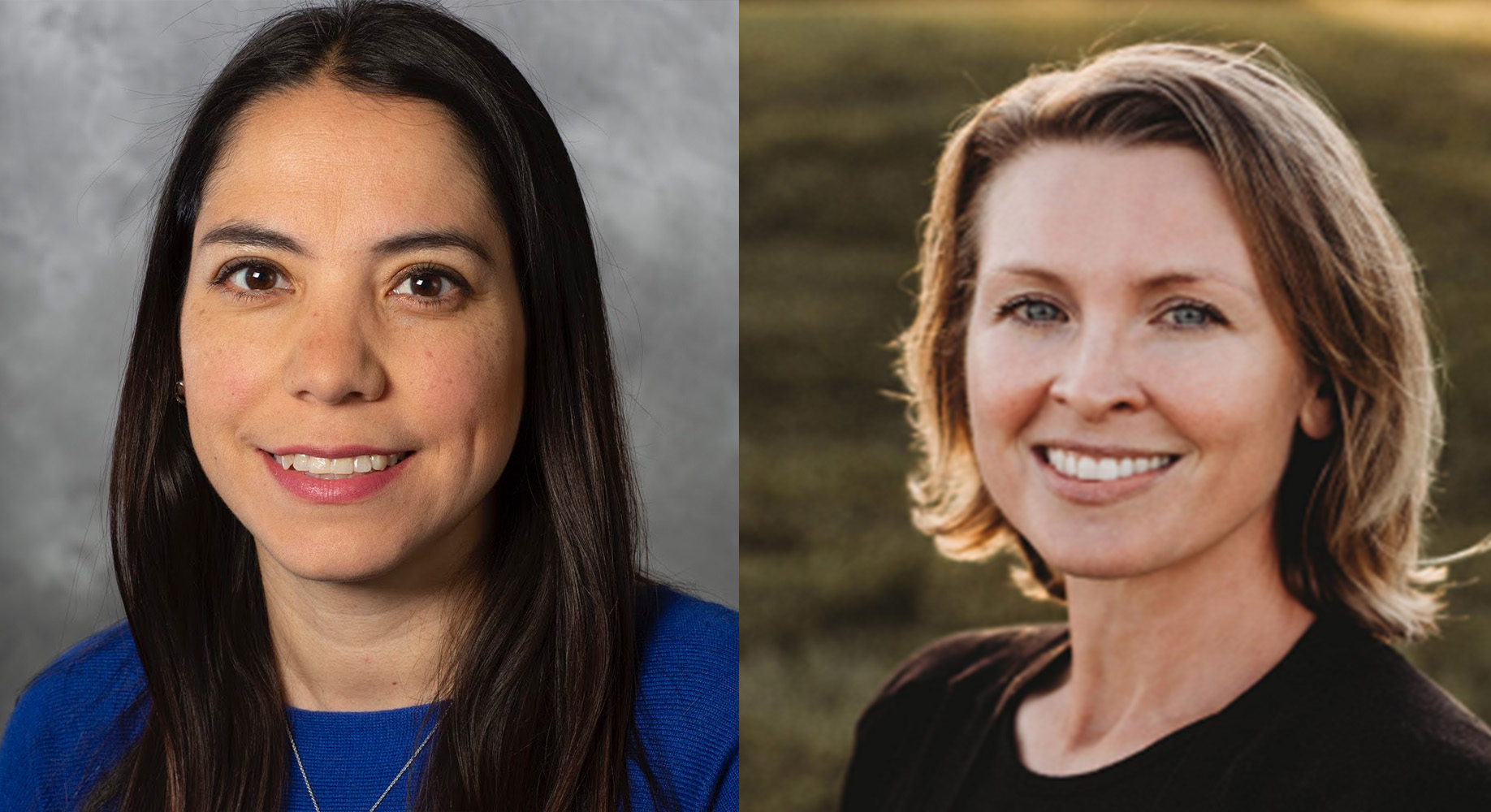
2024 SOM Researcher Appreciation Day
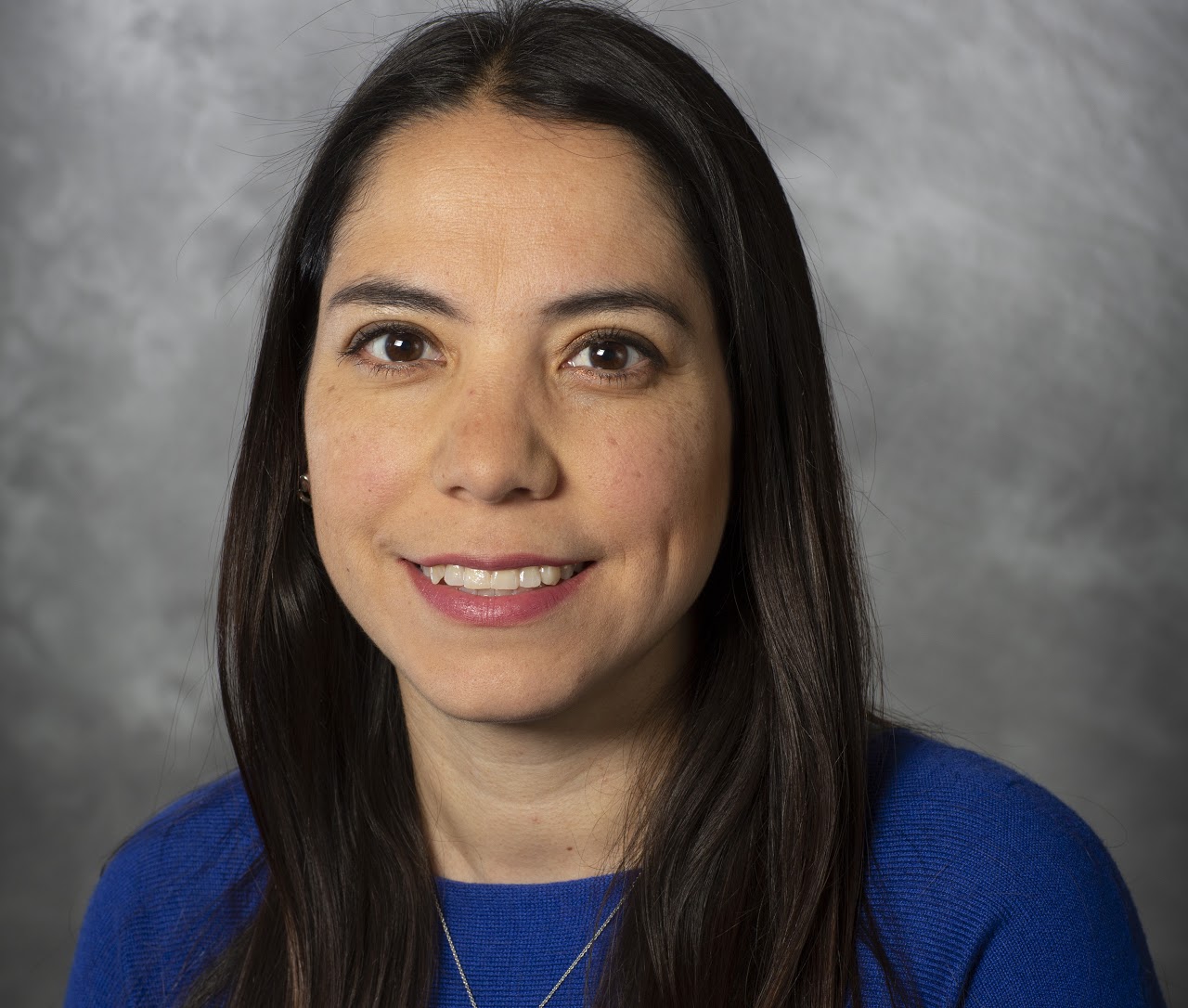
Promotion
Luisa Cervantes Barragan, PhD, was promoted to Associate Professor of Microbiology and Immunlogy, effective September 1, 2024.
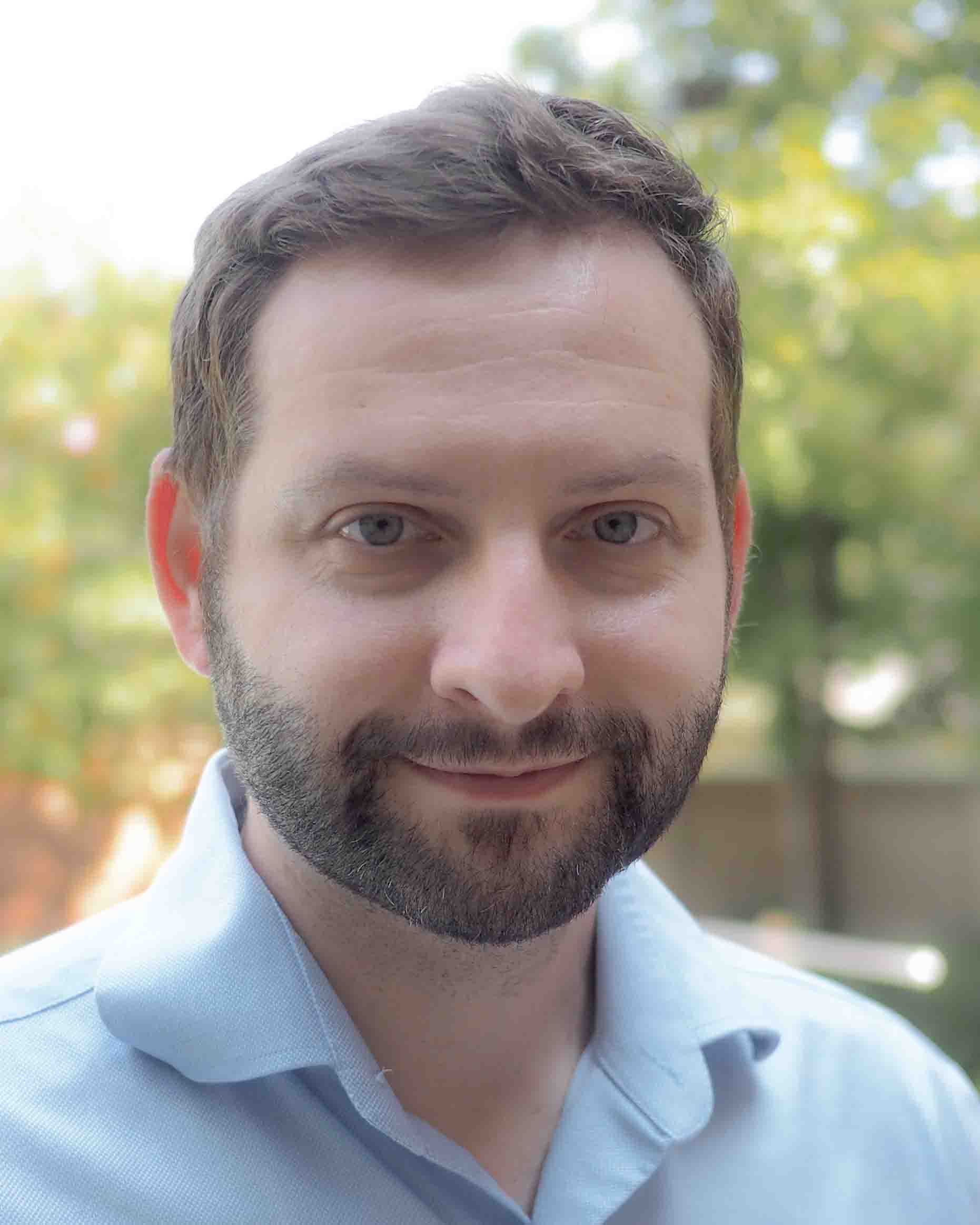
Emory School of Medicine 1% Award
Christopher LaRock, PhD, Associate Professor in Microbiology and Immunology, received the Emory School of Medicine 1% Award for his work ,“GSDMA roles in skin innate immune defense”. The Emory 1% Awards honors and recognizes faculty who have received study section scores in the top 1 percentile on a grant proposal.

Hidden Gem Award
Christopher Scharer, PhD, Associate Professor in Microbiology and Immunology, received the Emory School of Medicine the Hidden Gem Award for 2024.
In 2015, the Emory Medicine Recognitions Committee instituted the Hidden Gem award. These faculty members have been nominated by their departments in recognition of their outstanding, but often unnoticed or unrecognized, contributions to Emory or beyond.

Provost’s Distinguished Teaching Award
David Steinhauer, PhD, Associate Professor of Microbiology and Immunology, received the 2024 Emory Provost’s Distinguished Teaching Award.
The Provost’s Distinguished Teaching Awards honor outstanding scholars who excel as teachers within formal and informal educational settings.
Research Updates
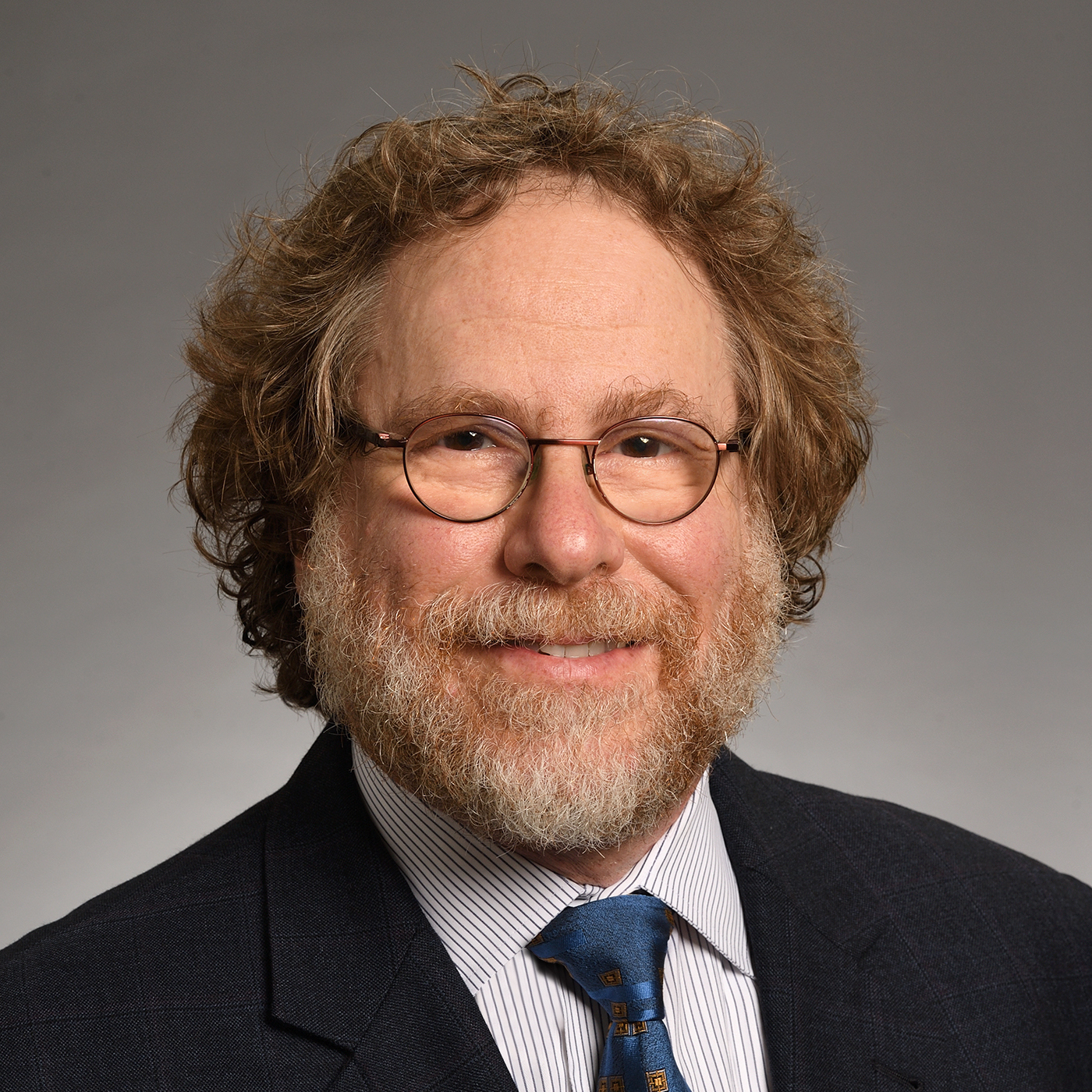
Boss Lab
Jeremy Boss, PhD, Professor and Chair of Microbiology and Immunology, is a Co-PI on a new R01 grant, "Hydrogel-Based Aged Immune Organoids to Study Epigenetics and Trajectory of B Cells," with PI Dr. Ankur Singh at Georgia Institute of Technology (GA Tech).
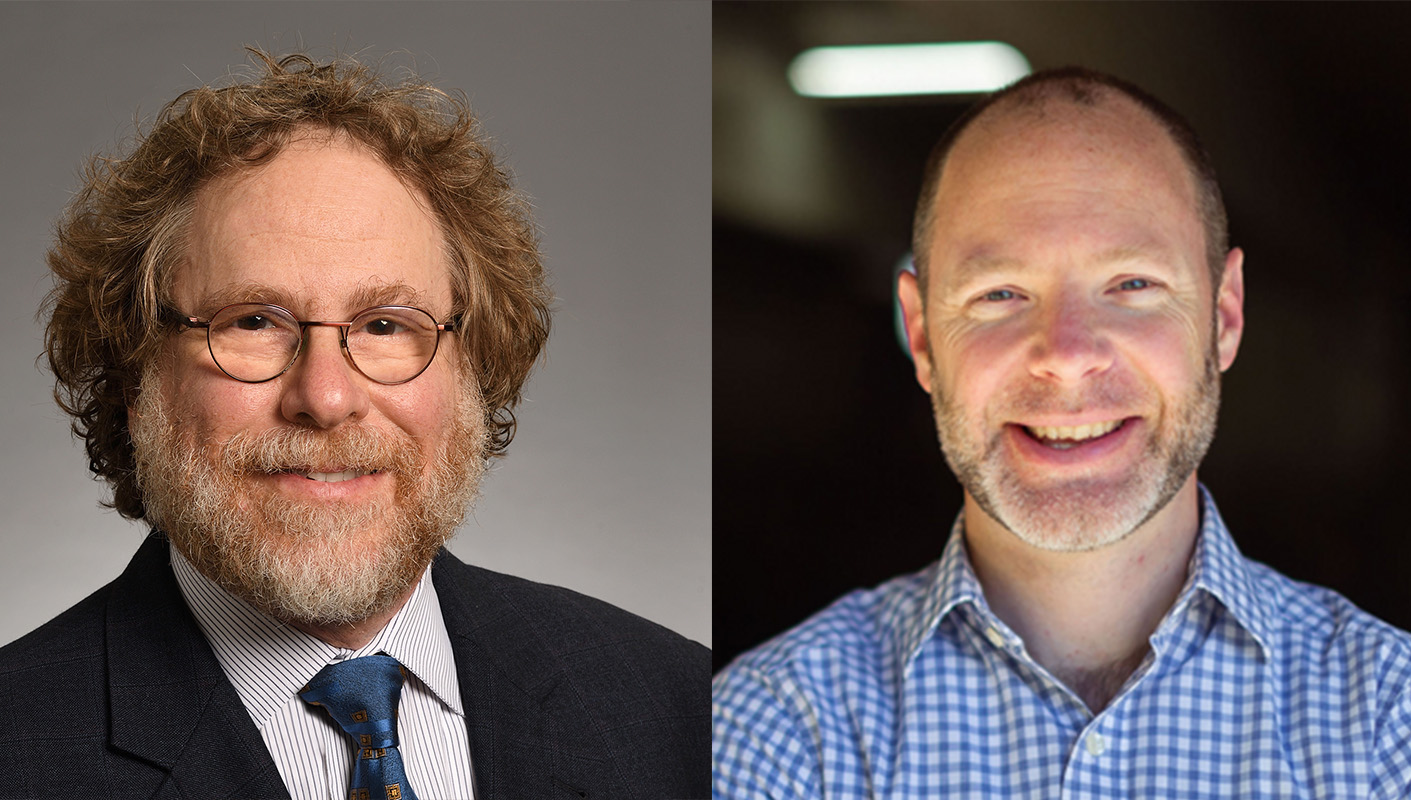
Boss/Scharer Labs
The labs of Dr. Jeremy Boss and Dr. Christopher Scharer received a renewal of Autoimmunity Centers of Excellence U19 (I. Sanz PI) grant, "Regulation of B cell Responses in SLE and Other Autoimmune Diseases".
(1) Boss – Collaborative Project Leader- Epigenetic regulation of autoimmunity.
(2) Scharer - Pilot Project Leader - 1R01 AI 173252 Epigenetic regulation of early B cell differentiation.
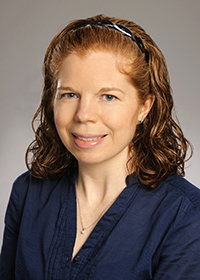
Day Lab
Cheryl Day, PhD, Associate Professor at the Emory Vaccine Center and the Department of Microbiology and Immunology, received a TRAC-G Pilot Award to conduct a study titled, "Single cell immune profiling in pregnant women with tuberculosis infection". MPI with Dr. F. Tesfaye (Armauer Hansen Res Inst, Ethiopia).
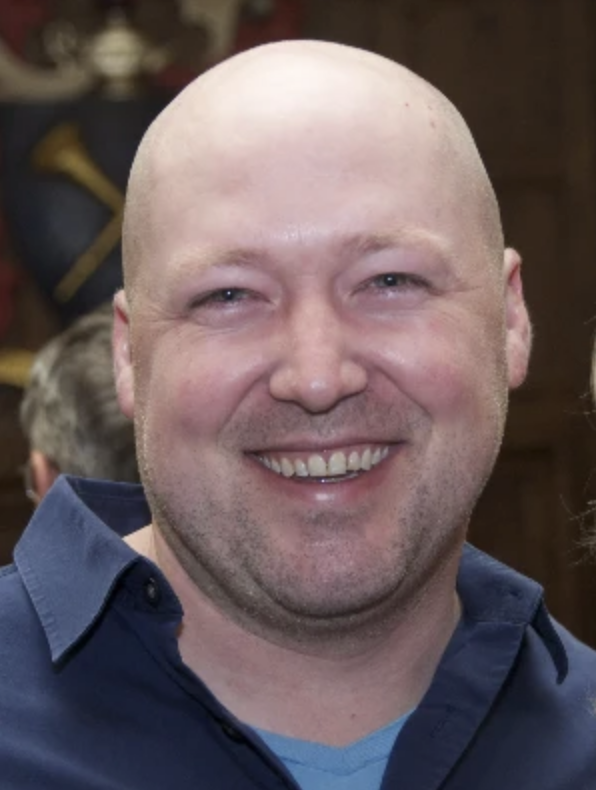
Kohlmeier Lab
Jake Kohlmeier, PhD, Associate Professor of Microbiology and Immunology, received an NIH grant: R56 AI1777703-01A1: "Mechanisms of CD8 TRM-mediated protection against respiratory virus transmission".
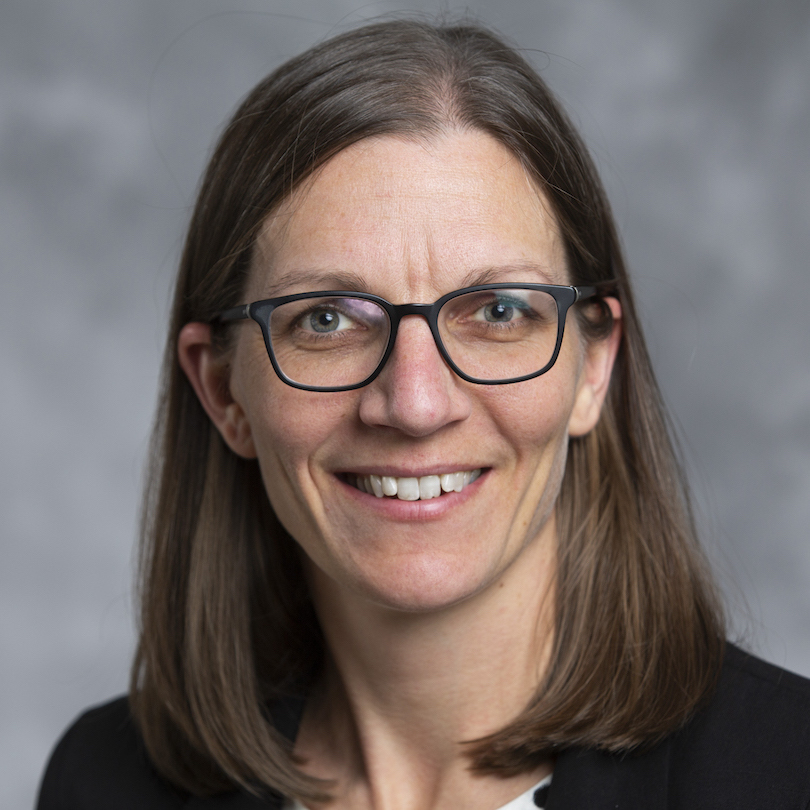
Lowen Lab
Anice Lowen, PhD, Professor of Microbiology and Immunology, recieved an NIH grant titled, "R01 AI127799-06:"Host dependence of influenza A virus spatiotemporal dynamics". Below payline score!
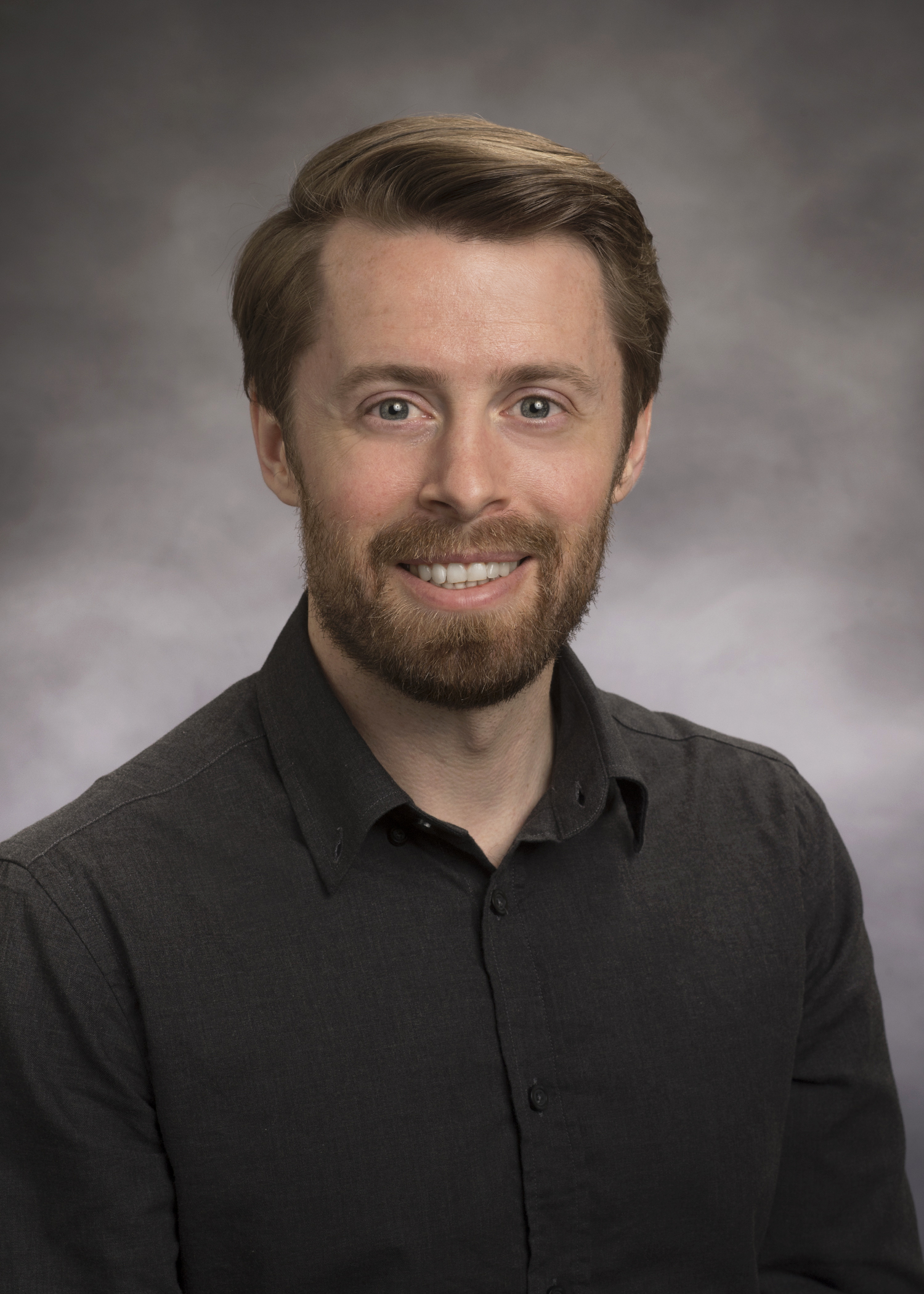
Neufeldt Lab
Christopher Neufeldt, PhD, Assistant Professor of Microbiology and Immunology, received two grants:
(1) R01: "Host factor contribution to positive-strand RNA virus induced membrane reorganization"
(2) MP3: Molecules and Pathogens to Populations and Pandemics initiative seed grant: "Defining the impact of DENV diversity and evolution on virus spread and vaccine efficacy". (MPI with Collins, Piantadosi and Koelle).



